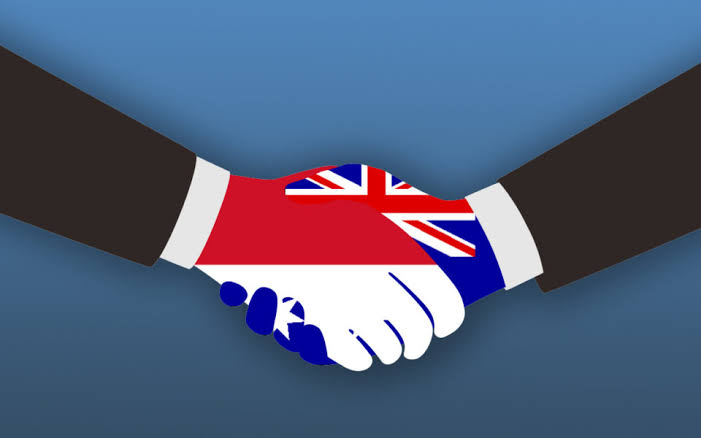The recent diplomatic row between Indonesia and Australia indeed underlined the dynamics of bilateral ties, which are sometimes difficult to be understood.
Many in Indonesia have criticized Australia for its “Western” orientation that is considered “arrogant” in the eastern part of the world. In dealing with Australia, however, Indonesia has been unable to break away from the inferiority complex it experiences when negotiating with the West.
This opinion is certainly not entirely true, but it will always emerge when relations between the two neighbors face a serious problem.
Unlike government-to-government ties, which have continuously met bottlenecks and/or challenges, relationships among individuals and/or groups in the two countries have usually been fluid, without any impediment.
The latest spat between the two countries stemmed from revelations released by former US National Security Agency whistle blower Edward Snowden that Australia’s Defense Signals Directorate had tapped the phones of Indonesian VVIPs, including President Susilo Bambang Yudhoyono and his wife in 2009.
Regardless of whether the report is valid or not, it should be understood that intelligence affairs are always located in a closed place and are dealt with under the table. Assessment of the success or failure of an intelligence operation in the field is always secure. In the history of mankind, intelligence has proven itself as the most powerful tool to help a nation in a time of war and peace.
That Australia had wiretapped Indonesia and its leaders is not something weird in the world of intelligence. Every country in the world is conducting intelligence activities to gather information, including by wiretapping.
Then why is there excitement when it comes to Australia’s spying on Indonesia? The furor was a result of activities commonly performed in a closed space that were suddenly put on the table and eventually became open or understood. Phone-bugging is an important activity in intelligence operations, hence, if it is presented to the public, it will automatically embarrass those who commit it and anger the targets of these activities.
Herein lies the key, that the problem will be a problem if it is resolved in an open space. The perpetrator may not necessarily admit it and resist apologizing and the victim may not be able to resist the urge to get angry. Why? Because the issue actually falls under a domain that is commonly confidential. How could we explain something secret publicly?
Phone-tapping is not as simple as people imagine or done without specific targets. It is usually committed in private and it is impossible to explain it in an open space. It is always connected with many other problems that are multi-dimensional in nature. As in the Snowden case, the spying saga involved not only Australia and Indonesia, but also the United States.
Indonesia and Australia are two large neighboring countries in the Asia-Pacific region, which are in fact very close to each other and have no choice but to position themselves as friends. The prolonged diplomatic spat that has affected relations between the two following the spying scandal will not benefit them.
Despite their proximity, the two neighbors share cultural values that are very much different, resulting in a mercurial relationship. In the latest issue, leaders of the two countries can play a dominant role in finding a mutual agreement that will solve the dispute, as President Yudhoyono and Prime Minister Tony Abbott have done.
Because the leaked intelligence data is related to the United States, the issue serves as a test case for Australia to reposition itself and decide whether it intends to move closer to Indonesia or remain the representative of US interests.
Likewise, Indonesia should review whether its ties with the US are more important than relations with its closest neighbor.
This is a unique dispute unlike Indonesia and Australia have ever experienced. But presumably, the settlement of this problem, which is expected to materialize soon, will be a test of friendship between the Indonesia and Australia. Hopefully the latest diplomatic row will lead their relationship to maturity.
Tuesday, December 3,2013
Chappy Hakim
Former Indonesian Air Force Chief of Staff
The Views expressed are his own.


